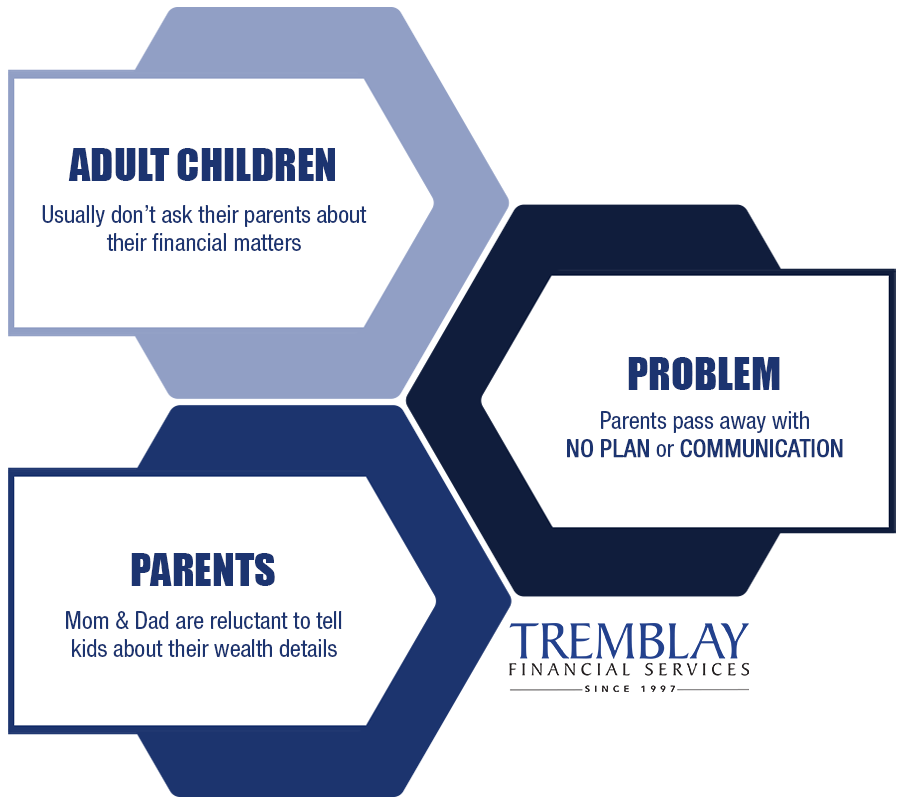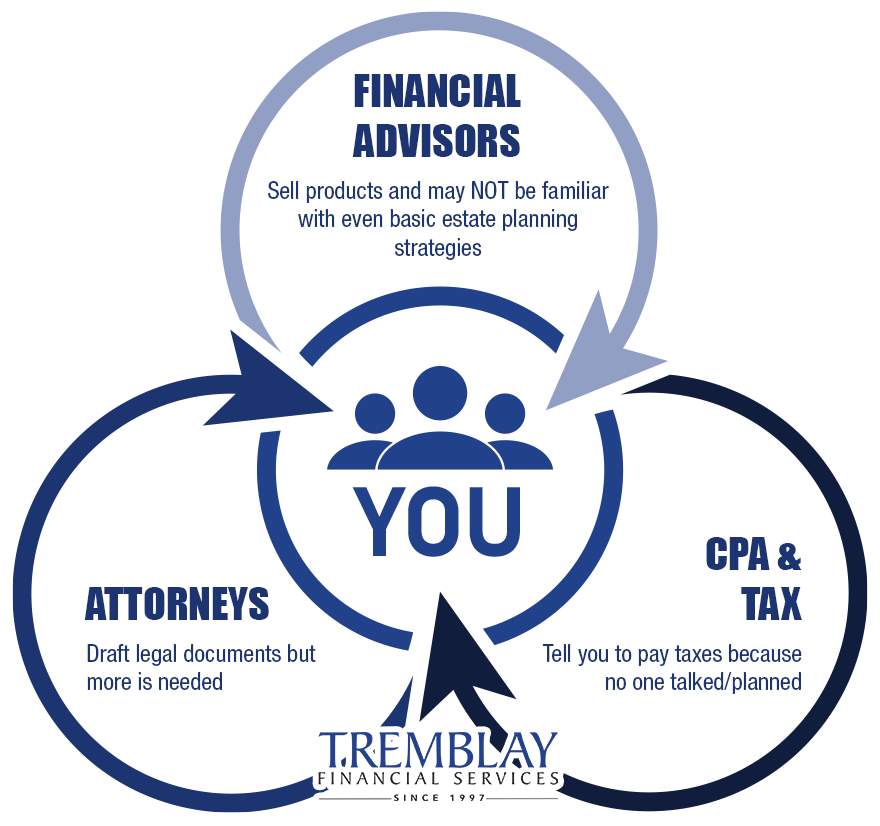Estate planning specifies what will happen if you pass away or become incapacitated. Creating your estate plan involves understanding your desires and utilizing tax and financial strategies that lead to a written plan and legal documents that spell everything out.
Your estate consists of everything you own or have an interest in (either now or in the future), whatever it is worth, and wherever it is located. There must be a plan in place for your assets that allow you to PRESERVE, PROTECT, and PASS on your wealth to your loved ones in the most efficient manner available under the law. In other words, the priorities of estate planning revolve around CONTROL and PROTECTION—even if you become incapacitated.












